

Tao Te Ching
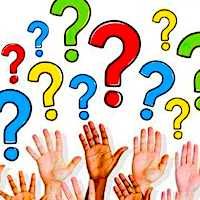
Doubt
The original meaning of the term skeptic or doubter referred to the process of seeking, searching for the truth. Since there’s always room for doubt, the core principle became the suspension of judgment. Modern skepticism championed by Descartes postulated a demon-like external force filling our minds with false beliefs but also the possibility of finding an absolute truth. The early Greek version doubted this possibility also and described the skeptical search itself as a recipe for happiness, a way of living for the ideal sage. Siting “Chinese whispers” or “the telephone game” and quoting Socrates saying “I only know that I know nothing,” it described all truth as relative to the observer, things are neither one way or another, and recommended avoiding all opinion and belief. Skeptics like Arcesilaus attacked Stoics as proposing a balance between science and opinion which they thought impossible because basically a contradiction in terms.
Quotes (76)

“There is one safeguard known generally to the wise, which is an advantage and security to all, but especially to democracies as against despots - suspicion.”
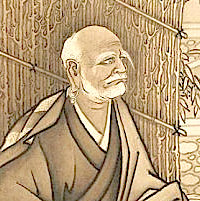
“Knowing is illusion; not-knowing is blankness. If you really attain to the Way of no-doubt it is like the great void, so vast and boundless.”
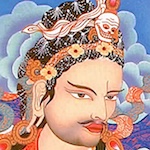
“It is a fictional world distorted by the mind and the conviction of our society that it is the only reality is an enormous hurdle.”
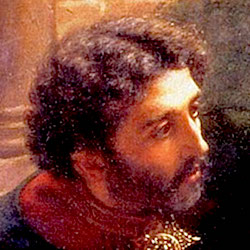
“the first key to wisdom is assiduous and frequent questioning… for by doubting we come to inquiry, and by inquiring we arrive at truth”
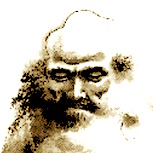
“Where there is great doubt, there will be great awakening; small doubt, small awakening, no doubt, no awakening.”
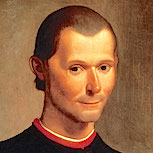
“it is impossible to explain one's self when in doubt and indecision as to what is to be done... when we have decided upon that, it will be easy to accommodate our words to our acts.”

“Better to be tentative than to be recklessly sure - to be an apprentice at sixty, than to present oneself as a doctor at ten.”

“Every fool is fully convinced, and everyone fully convinced is a fool; the more erroneous his judgment, the more firmly he hold it.”

“Never start anything new if you have doubts... decisions made with certainty often turn out badly, how much more often if you start without confidence?”
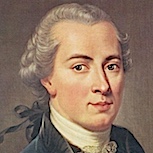
“Skepticism is a resting-place for human reason, where it can reflect upon its dogmatic wanderings… but it is no dwelling-place for permanent settlement.”
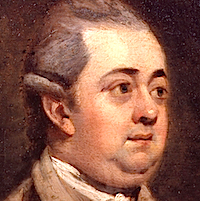
“A state of skepticism and suspense may amuse a few inquisitive minds. But the practice of superstition is so congenial to the multitude that, if they are forcibly awakened, they still regret the loss of their pleasing vision.”
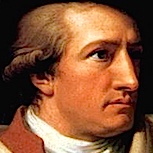
“We know accurately only when we know little; doubt grows with knowledge... With wisdom grows doubt.”

“If I am fool, it is, at least, a doubting one; and I envy no one the certainty of his self-approved wisdom.”
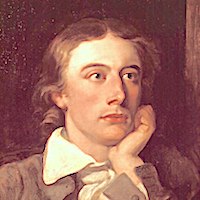
“I am certain of nothing but of the holiness of the heart's affections, and the truth of Imagination… My Imagination is a Monastery and I am its Monk.”
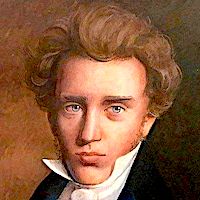
“Aristotle’s view that philosophy begins with wonder, not as in our day with doubt, is a positive point of departure for philosophy. Indeed, the world will no doubt learn that it does not do to begin with the negative, and the reason for success up to the present is that philosophers have never quite surrendered to the negative and thus have never earnestly done what they have said. They merely flirt with doubt.”
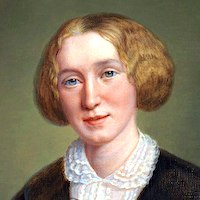
“to see how an effect may be produced is often to see possible missings and checks; but to see nothing except the desired cause and close upon it the desirable effect rids us of doubt and makes our minds strongly intuitive.”
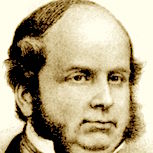
“First doubt, then inquire, then discover. This has been the process with all our great thinkers…He who knows most believes the least.”
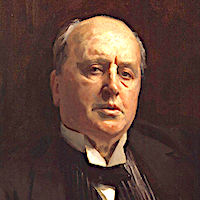
“We work in the dark — we do what we can — we give what we have. Our doubt is our passion and our passion is our task. The rest is the madness of art.”
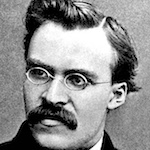
“I myself do not believe that anybody ever looked into the world with a distrust as deep as mine... a constant, subtle, incitement to an overturning of habitual opinions and of approved customs.”
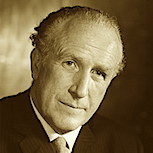
“Sagacious spirits doubt all things, and hold fast only to that which is demonstrably true.”

“Is there any knowledge in the world which is so certain that no reasonable man could doubt it?”

“Almost all knowledge is in some degree doubtful... the doubtfulness of what passes for knowledge is a matter of degree”

“a dogma, that is to say, an undisputable confession of faith, is set up only when the aim is to suppress doubts once and for all. But that no longer has anything to do with scientific judgment; only with personal power drive.”
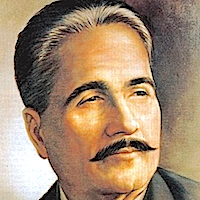
“The spirit of philosophy is one of free inquiry. It suspects all authority. Its function is to trace the uncritical assumptions of human thought to their hiding places, and in this pursuit it may finally end in denial or a frank admission of the incapacity of pure reason to reach the ultimate reality.”
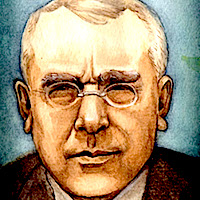
“This system teaches people to believe in absolutely nothing. You must verify everything that you see, hear and feel. Only in that way can you come to something.”

“As far as the laws of mathematics refer to reality, they are not certain; and as far as they are certain, they do not refer to reality.”

“But what if the play is never better, always revolving about suffering and death, telling endlessly the same idiotic tale? There's the rub, and there's the doubt that gnaws at the heart of wisdom and poisons age.”

“Neither your gods, nor your science can save you, can bring you psychological certainty; and you have to accept that you can trust in absolutely nothing.”
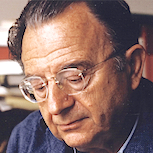
“The quest for certainty blocks the search for meaning. Uncertainty is the very condition to impel man to unfold his powers.”
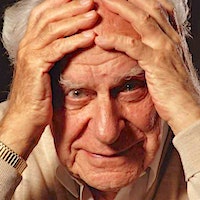
“Since we can never know anything for sure, it is simply not worth searching for certainty; but it is well worth searching for truth; and we do this chiefly by searching for mistakes, so that we have to correct them.”
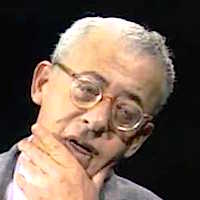
“The human spirit glows from that small inner light of doubt [about] whether we are right”
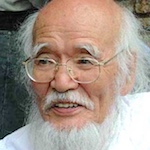
“I felt that I understood nothing... In an instant all my doubts and the gloomy mist of my confusion vanished. Everything I had held in firm conviction, everything upon which I had ordinarily relied was swept away with the wind.”
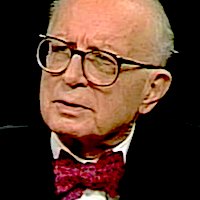
“The courage to doubt, on which American pluralism, federalism, and religious liberty are founded, is a special brand of courage, a more selfless brand of courage than the courage of orthodoxy. A brand that has been rarer and more precious in the history of the West than the courage of the crusader.”
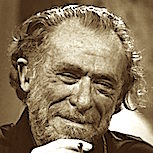
“The problem with the world is that the intelligent people are full of doubts, while the stupid ones are full of confidence.”
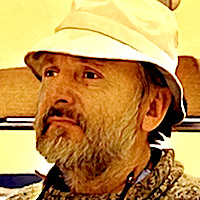
“No one is fanatically shouting that the sun is going to rise tomorrow. When people are fanatically dedicated to political or religious faiths or any other kinds of dogmas or goals, it's always because these dogmas or goals are in doubt.”

“In the high country of the mind one has to become adjusted to the thinner air of uncertainty”

“To believe that our beliefs are permanent truths which encompass reality is a sad arrogance.”

“the mind wanders without certainties, desolate, silent, awkward. But in that milky, dim strangeness lies the way… the way embodies the eternal beginning, the ever-springing source.”
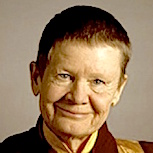
“We don't know anything. We call something bad; we call it good. But really we just don't know.”

“The truth you believe in and cling to makes you unavailable to hear anything new.”
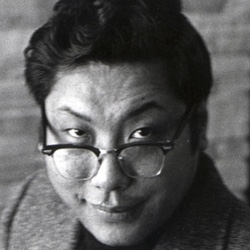
“Doubt and compassion are both very direct... There is a sense of something touching your heart, and it is painful.”

“Your doubts are very helpful, very useful... if you had no doubt, you all would become jellyfish. You would be like flocks of pigeons or sheep.”

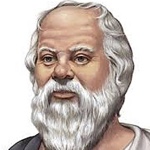
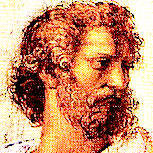
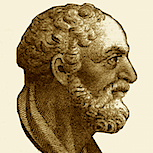
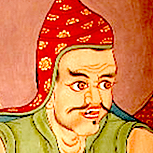
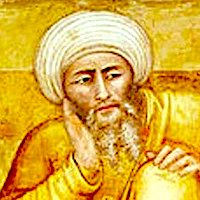
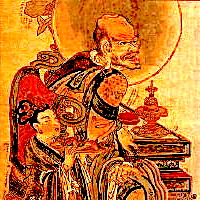



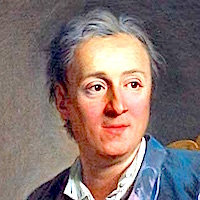
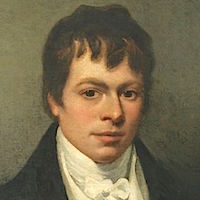
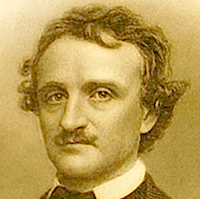

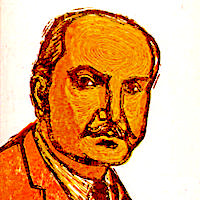

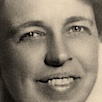
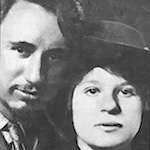
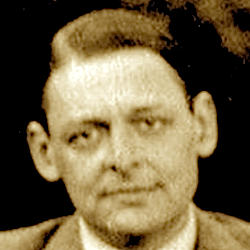
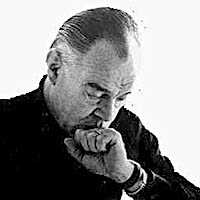
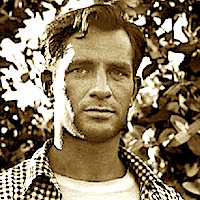



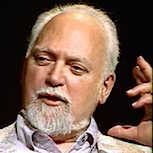

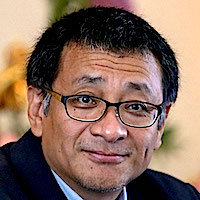
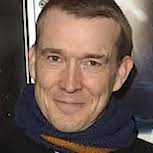
Comments (0)